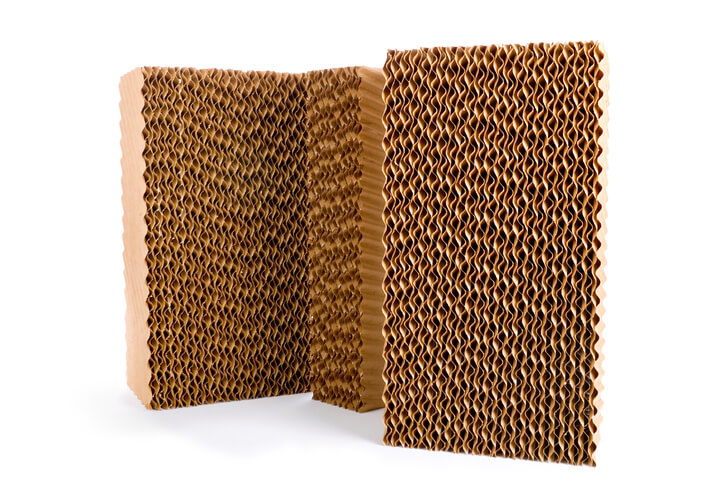
Pros And Cons of Evaporative Cooling Systems
Evaporative cooling systems use an ancient and effective method for lowering air temperature. The underlying scientific principle is that when water evaporates, changing from a liquid to a gas, it takes heat energy from the surrounding environment, thus leaving that environment cooler. This is the same thing that happens when a person perspires, and the perspiration evaporates from the skin. Here are some of the advantages and disadvantages of evaporative cooling systems.
Advantages Of Evaporative Cooling Systems
- They are energy efficient. Evaporative coolers use up to 75 percent less electricity than a standard air conditioner. This can result in significant savings, especially in hot desert climates.
- They are environmentally friendly. They do not use refrigerants like CFCs and HCFCs for the cooling process, so there are no greenhouse gases emitted.
- They don’t need much repair. The technology for evaporative coolers is very simple, and there are fewer working parts, which means maintenance and repair costs are low.
- They use common household current. Evaporative coolers do not require high amperage circuits — they operate on 120-volt electricity, which is less than a standard air conditioner uses. That means evaporative coolers can be plugged into any household outlet.
- They filter the air effectively. Evaporative cooling systems use moist pads as part of the cooling process, and these pads are very good air filters, effectively trapping dust and pollen. They are also very inexpensive to replace, compared to air conditioner filters.
- They add moisture to the house. These coolers naturally add moisture to a house, which keeps wood furniture and fabrics from drying out.
- They do not require ductwork. Because they fit in a window, you do not need ductwork to distribute the air. Smaller units can be placed on the window with very little installation.
Disadvantages Of Evaporative Cooling Systems
- They do not work as well in humid climates. Evaporative cooling works best in dry climates. Too much moisture in the outside air makes the system work inefficiently. Moisture can build up, causing condensation and corrosion.
- They need some attention. The moisture pads in an evaporative cooler must be kept moist with water. If they dry out the cooler will not work well. This can be a problem in desert areas where the dry air will take a toll on the pads.
Evaporative cooling systems use a time-tested technique for temperature control. If you live in a dry climate, they are a viable option to explore.
